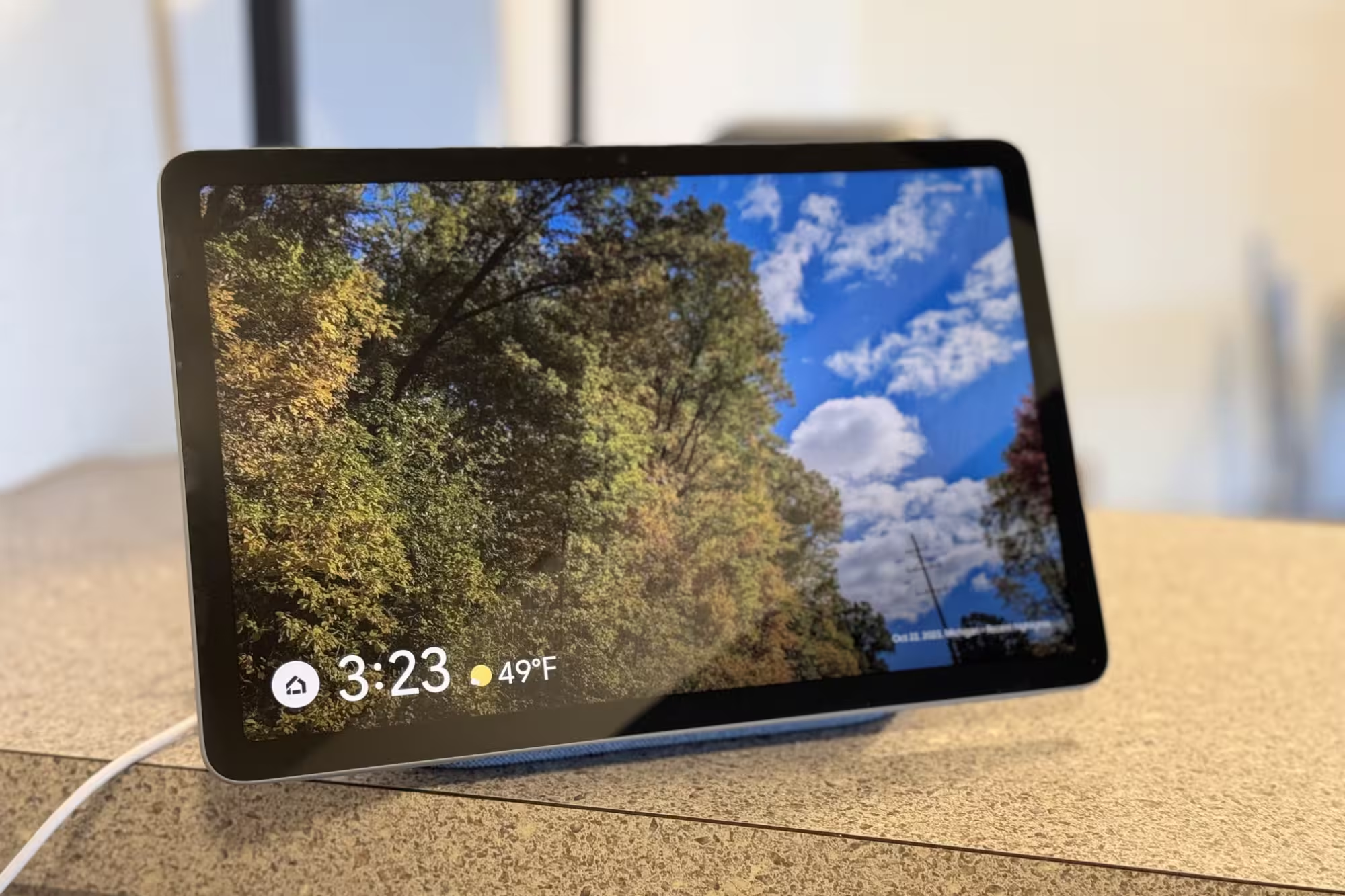5 Minutes
Google confirms Pixel Tablet successor is on hold
Shortly after unveiling the Pixel 10, Google made it official: the company has paused development of a follow-up to the Pixel Tablet. Bloomberg reported that Google’s hardware team has shelved a new tablet for now and will only revisit the category when it can define a compelling, long-term vision for it. Alongside tablets, smart rings are not an active development priority for Google either.
Where Google is focusing next
Instead of investing in traditional Android tablets, Google is concentrating on other device form factors it believes can accelerate mainstream adoption of on-device AI. That roadmap centers on foldable smartphones and smart glasses designed to pair closely with smartphones and wearable ecosystems. Executives say these form factors have clearer synergies with AI features and everyday mobile workflows, though there are no concrete timelines for a pair of Google-branded smart glasses.
Pixel Tablet: a short, troubled history
The original Pixel Tablet arrived in 2023 with strong integration into Google’s services and a distinctive look, but it struggled to win critics over. Performance limitations, scarce accessories, and product positioning that leaned more toward a Nest Hub-like experience than a competitor to the iPad or Galaxy Tab kept the device from becoming a tablet market contender. Rumors of a Pixel Tablet 2 circulated in late 2024, then whispers of a possible Pixel Tablet 3 followed — but activity stalled in 2025, punctuated only by the low-key release of the Pixel Tablet Pen.
Product features and shortcomings
Had Google continued the line, the Pixel Tablet’s strengths would likely remain its deep Google ecosystem integration, adaptive software features, and docked-home utility. Its weaknesses were clear: underpowered hardware relative to competitors, insufficient third-party accessories, and unclear messaging about whether it was a home hub or a portable Android tablet.

Why Google paused tablet development
Google’s leadership frames the decision around simplicity and user maintenance. As Shakil Barkat, VP of Devices and Services, put it in August 2025: "Every time a new type of category of product gets added, the bar on maintenance for the end user keeps going up. It's already pretty painful." The company believes consumers won’t want to manage a growing stack of devices in addition to phones, watches, earbuds, and glasses.
Comparison: Pixel Tablet vs. iPad and Galaxy Tab
When compared to Apple’s iPad and Samsung’s Galaxy Tab line, the Pixel Tablet was never positioned as a full productivity tablet. The iPad ecosystem benefits from long-established app optimization and accessory support, while Galaxy Tab devices typically offer higher-end hardware and stylus integration. Google’s tablet was closer to a smart display in daily usage, which limited its ability to compete directly in the Android tablet market.
Use cases, advantages, and market relevance
If revived, a Pixel Tablet could be valuable for households wanting a Google-first connected hub that doubles as a casual media device. Advantages would include native Assistant experiences, smooth Chromecast integration, and cross-device continuity with Pixel phones. But the broader tablet market is fragmented: foldables are emerging as a premium smartphone-plus-tablet option, leaving a strategic gap that Google has chosen not to fill for now.
What this means for consumers and the industry
For Pixel enthusiasts and tablet buyers, Google’s retreat from immediate tablet development narrows choice in the Android ecosystem. For the industry, the move signals that Google believes the next wave of mainstream AI-enabled hardware will center on compact, always-on wearables and foldables rather than traditional slate tablets. Whether that bet pays off depends on price, developer support, and how well Google can integrate AI across devices.
Keywords: Pixel Tablet, Google Pixel, Android tablet, foldable smartphones, smart glasses, Pixel Tablet 2, Pixel Tablet 3, AI hardware, smart rings, Pixel Tablet Pen.
Source: phonearena

Leave a Comment